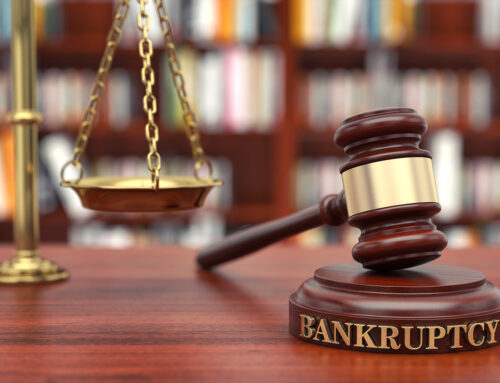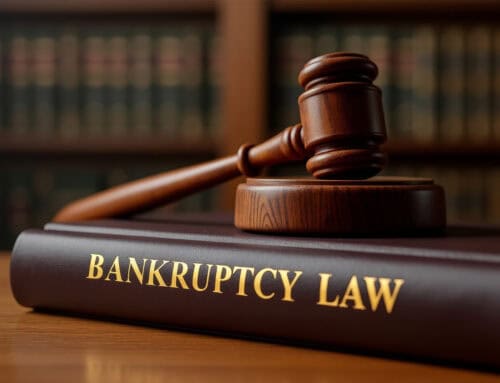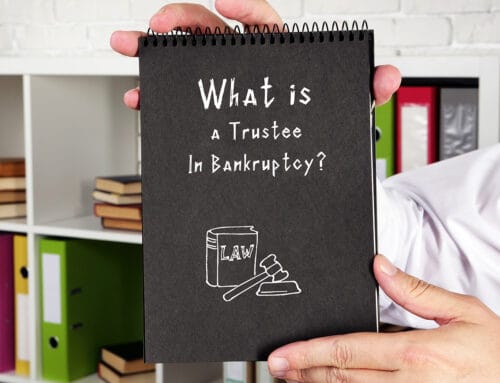3 Things You Should Know About California’s Bankruptcy Laws
There are many specific and important differences found in how Californians must approach bankruptcy compared to other states, and bankruptcy lawyers need to be well-versed in all of them. The main differences are found in three separate areas affected by bankruptcy, including exemption law, community property and state laws regarding foreclosure.
1. How Exemptions Are Handled
Exemptions are used to determine which personal property items debtors are able to keep when they file for bankruptcy. This could affect cars, homes, pensions, family heirlooms and other items. Filers may be granted the right to keep these items during and after their bankruptcy has concluded. Any non-exempt property is given to the trustee to sell in order to pay unsecured debts.
In California, debtors are given the opportunity to choose state law exemptions or a set of bankruptcy-only exemptions that are similar to those found in federal law. Most homeowners opt for the state law exemptions, which include allowances for homesteads. Those who do not own property, or who lack equity in their property, often choose the bankruptcy-only exemptions. This offers an exemption for equity in any kind of property.
2. Community Property Responsibilities and Discharge
Community property is any property acquired by a married couple during marriage that belongs to both spouses equally, unless there is a specific agreement to the contrary. It is the community property, not necessarily a spouse, that is liable for the debts incurred during and before the marriage by either party. This means that even if just one spouse files for bankruptcy, all of the community property in the marriage becomes property of the estate. Unless an item is exempt, it can be used to pay all community debts of either spouse during the bankruptcy.
One upside to these community property laws includes the effect a discharge has on future community property. Even when only one spouse files and receives a discharge, all community property purchased or acquired after the bankruptcy becomes final is protected by the discharge. However, any separate property held by the non-filing spouse may still be considered liable for the non-filing spouse’s debts.
3. Foreclosure Is Non-Judicial
In California, a foreclosure, or seizure of real property for lack of payment, is a non-judicial process. This means that there are no court proceedings prior to a foreclosure sale. Any loans used towards the purchase of a home cannot be used to get a money judgment should a borrower fail to pay. All lenders receive in compensation is the collateral. However, any junior liens may still need to be satisfied after foreclosure occurs.
Bankruptcy is a complex type of case. Those who are thinking of filing should always consult bankruptcy lawyers prior to making a choice. Call Brent George Law today for a free consultation on your case.
Disclaimer: This article is intended for informational purposes only and does not constitute legal advice. For personalized assistance, please contact our office at (805)494-8400.





